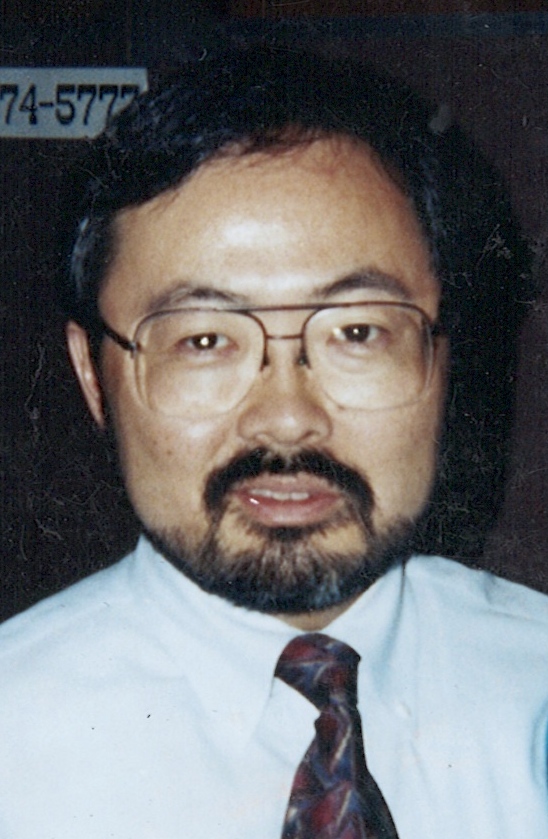If you have a camera in the courtroom, there’s no filtering. What you see is what’s there.
Meaning of the quote
When there's a camera in the courtroom, you see exactly what's happening, without any changes or edits. The camera captures the real situation, without hiding or altering anything.

About Lance Ito
Lance Ito is an American retired judge who is best known for presiding over the criminal trial for the O. J. Simpson murder case in 1995. The trial was held in the Los Angeles County Superior Court and was a high-profile case that gained significant media attention.
More quotes from Lance Ito
The American public got to see for themselves every day, all day, how this trial progressed. There’s a lot of value in the public being able to see how the system works.
American judge
I know the pundits and the news media have carried a lot of commentary about cameras in the courtroom, and there’s a lot of controversy about it as a result of the Simpson case. But I have not had enough time to step back and enough time to evaluate that.
American judge
And the American public was able to make up their own mind whether this verdict was a just verdict or not. So I think there’s a lot of value in the public being able to see how the system works or doesn’t work, so I think there’s a definite value there.
American judge
I have not fully had the opportunity to evaluate the impact of cameras in the courtroom.
American judge
If you have a camera in the courtroom, there’s no filtering. What you see is what’s there.
American judge
Whereas if you have a camera in the courtroom, there’s no filtering. What you see is what’s there.
American judge
If you take the cameras out of the courtroom, then you hide a certain measure of truth from the public.
American judge
And if you take the cameras out of the courtroom, then you hide, I think, a certain measure of truth from the public, and I think that’s very important for the American public to know.
American judge
The problem with not having a camera is that one must trust the analysis of a reporter who’s telling you what occurred in the courtroom. You have to take into consideration the filtering effect of that person’s own biases.
American judge